Allied for Startups sent an open letter highlighting key recommendations on the AI Act to Members of the European Parliament. The letter puts forward 3 main asks to ensure the text remains fair and proportionate for startups. Download the PDF here.
Artificial Intelligence

What’s proposed? The European Commission has proposed a new Artificial Intelligence Act (AI Act) to regulate the development and use of AI systems in the European Union. The proposed legislation outlines a risk-based approach to AI, with four levels of risk categorisation: unacceptable risk AI, high-risk AI, limited risk AI, and minimal risk AI. If …

A recent survey of over 100 high-tech AI startups which drive AI innovation by developing diverse AI systems, with both specific and generic purposes, and 15 Venture Capital firms (VCs) in the EU, has shed some light on potential startup challenges stemming from the EU’s AI Act proposal. This survey conducted by a coalition of …
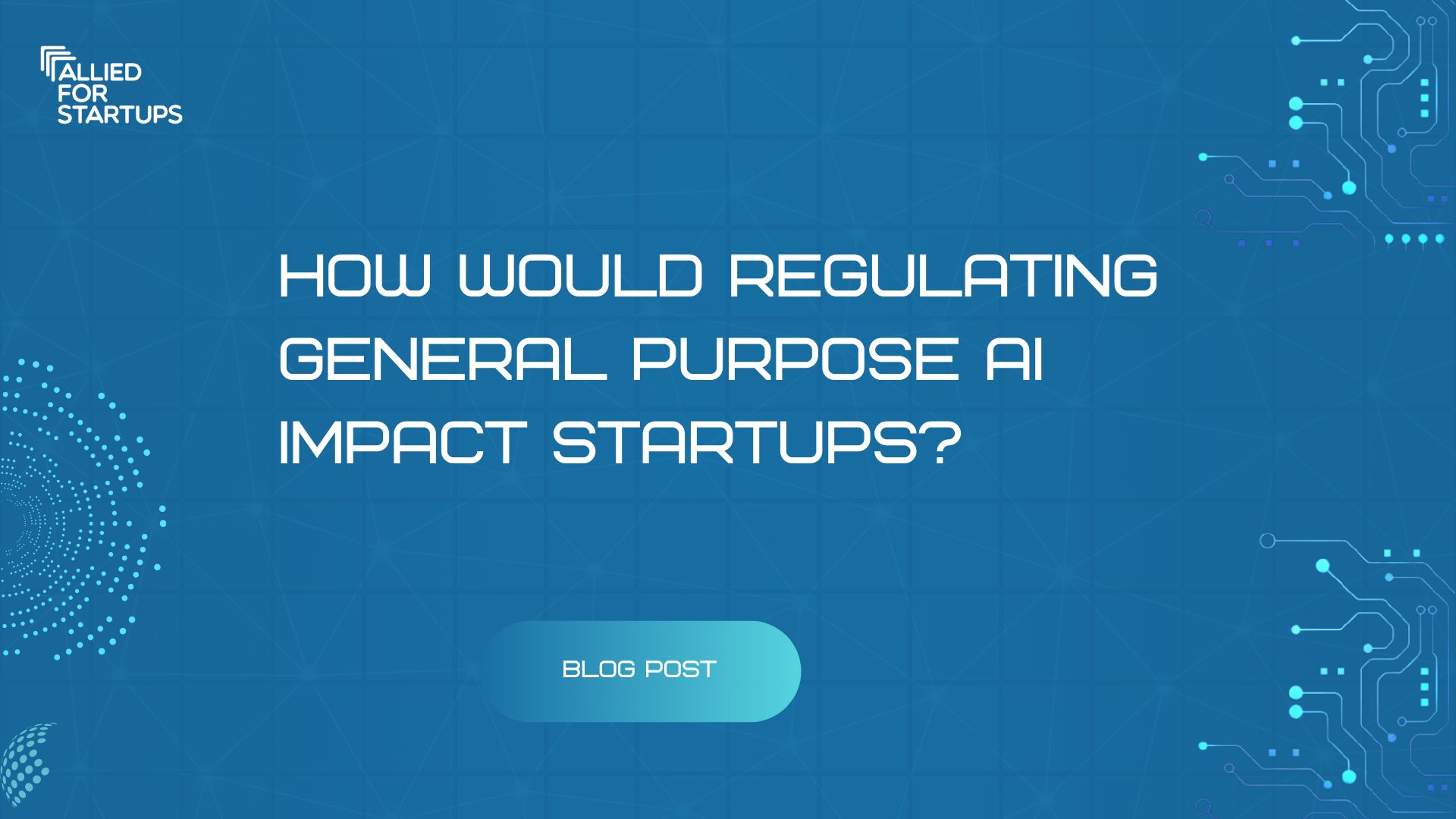
We are following the discussions on the European Commission’s proposal on AI Act and its impact on the startup ecosystem. Startup communities in the EU are particularly concerned about the regulation of general purpose AI, which is a key element of innovation. Here’s why: What is general purpose AI? A general purpose AI system is …
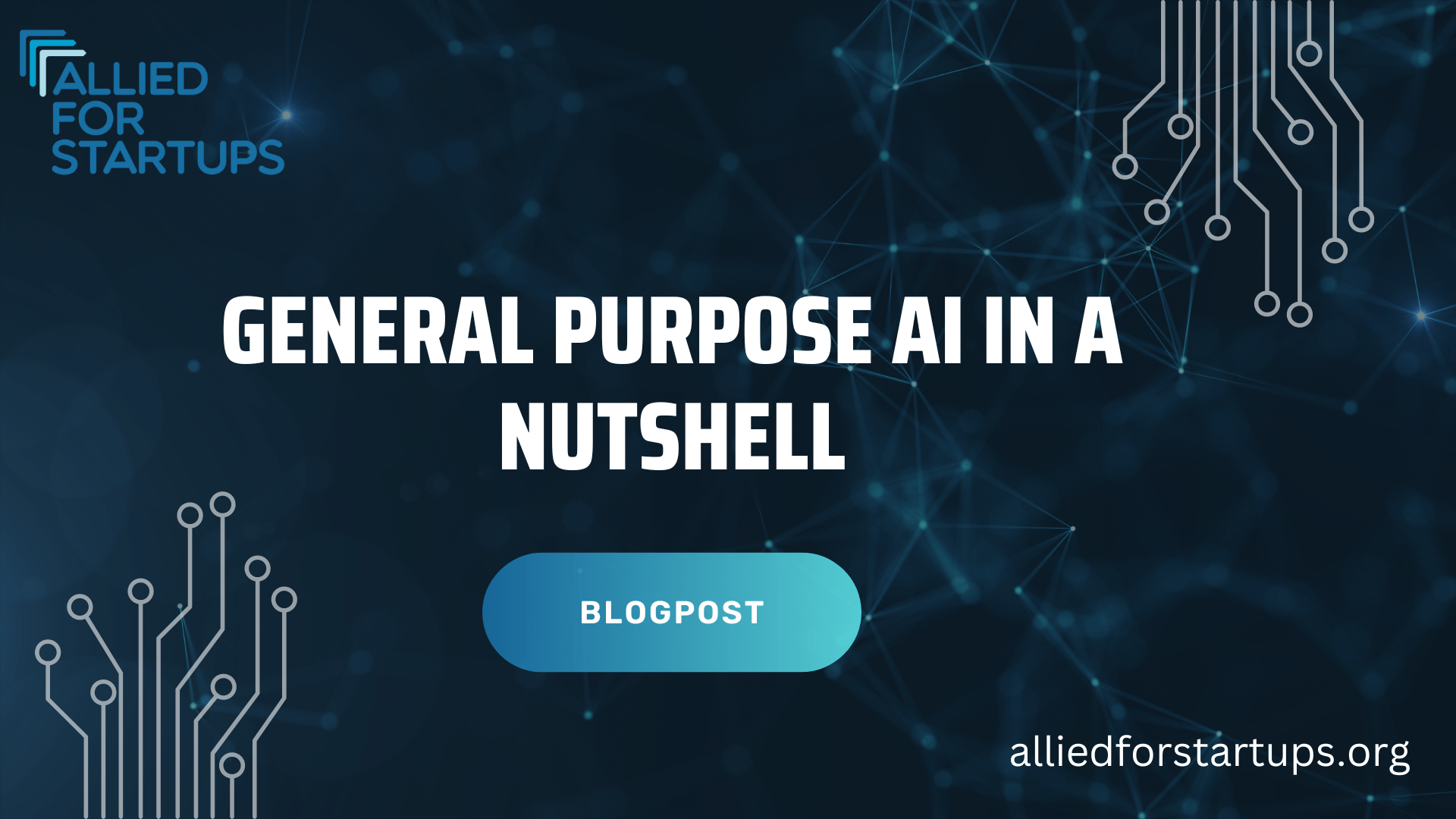
The discussions on the European Commission‘s proposal on Artificial Intelligence Act (AIA) are advancing in the European Parliament and the Council of the EU. We are closely following, among others, the different approaches for the regulation of general purpose AI systems, which will directly impact startups. The latter were not initially in the scope of …
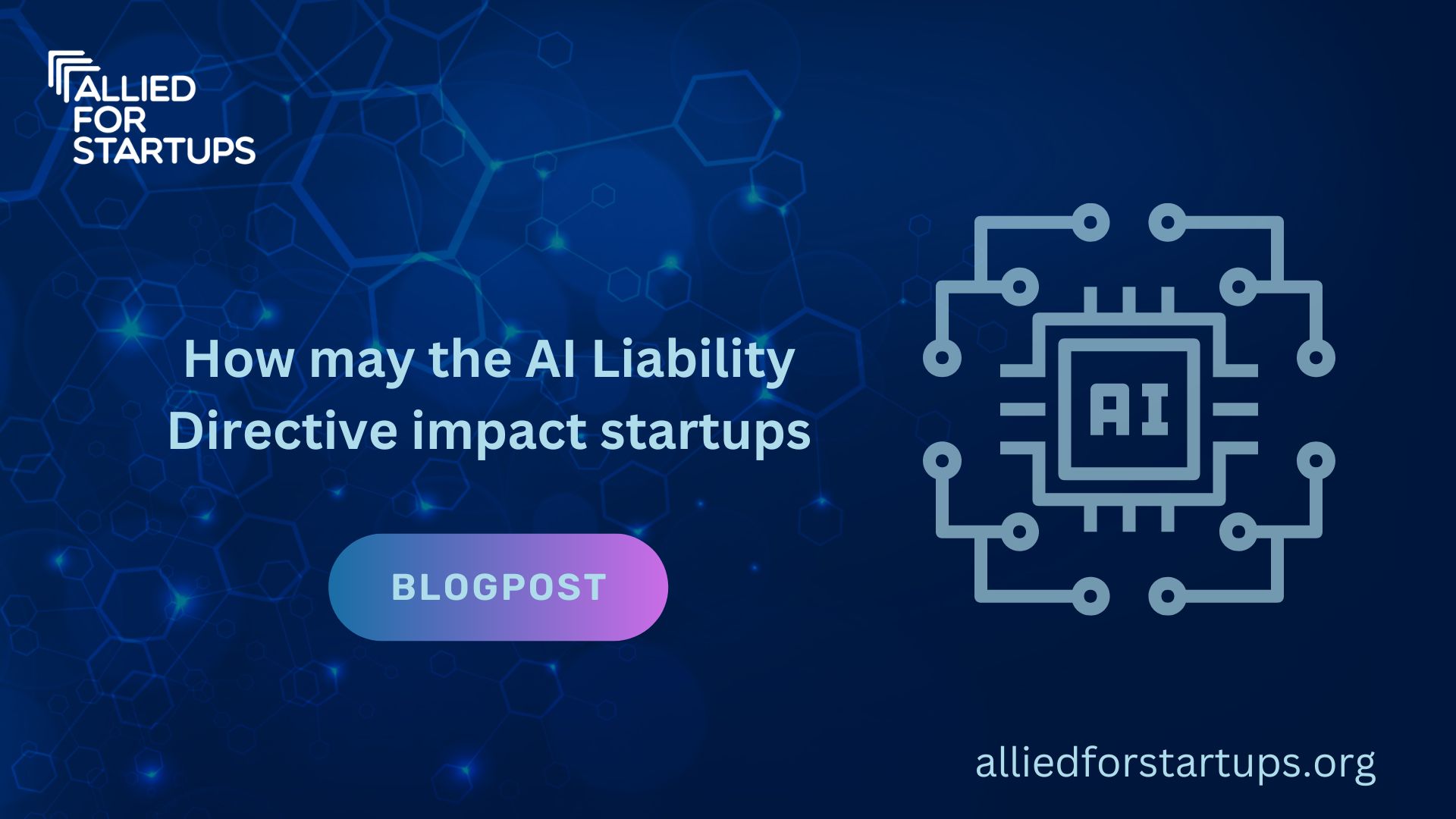
For many AI startups, the global challenges we are currently facing (COVID-19, climate change, and the energy crisis) are opportunities to use technology to improve people’s lives. This is why AFS has actively participated in the policy debate on AI since the first White Paper on the topic was published in February 2020. Advocating for …

AI rules should be proportionate and risk-based, especially for startups that are building and deploying AI that benefits EU consumers and businesses. Including general purpose AI in the AI Act risks throwing overboard the risk-based approach and casting blanket suspicion on AI startups, which are critical to a competitive AI landscape. One of the hardest …
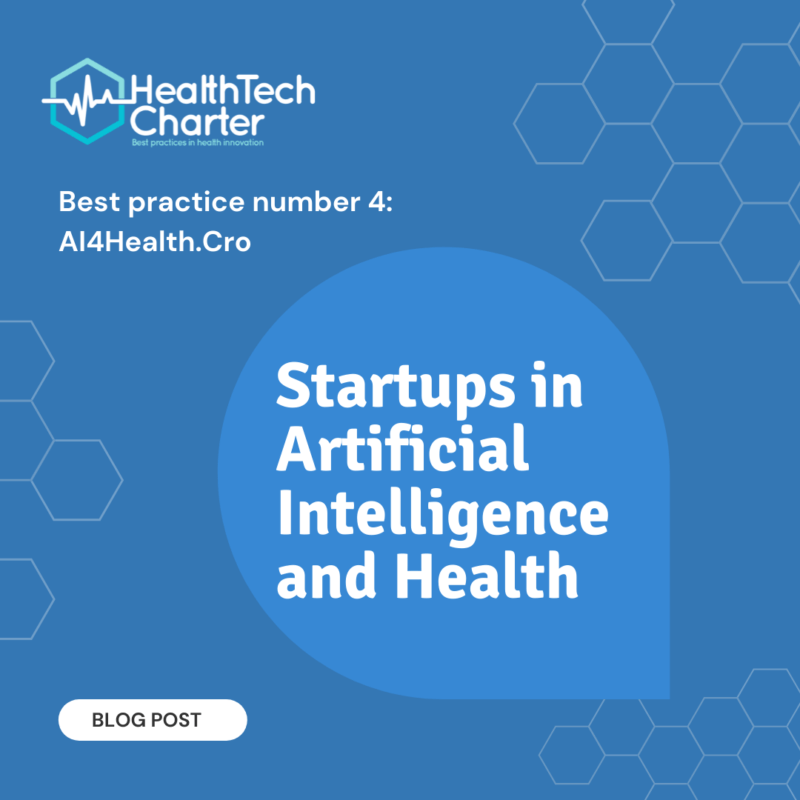
Artificial Intelligence (AI) has become a key technology in the digitalisation of health – from transforming the delivery of care to expanding precision medicine. Startups have been at the forefront of the development and deployment of AI in health, pioneering life-changing innovations in the global market. While there have been discussions about improving conditions for …

For many AI startups, the global challenges we are currently facing (COVID-19, climate change) are opportunities to use technology to improve people’s lives. At the same time, they are building technologies that are currently being regulated by EU policy makers. In this blog post we share key priorities for policy makers to consider in order …
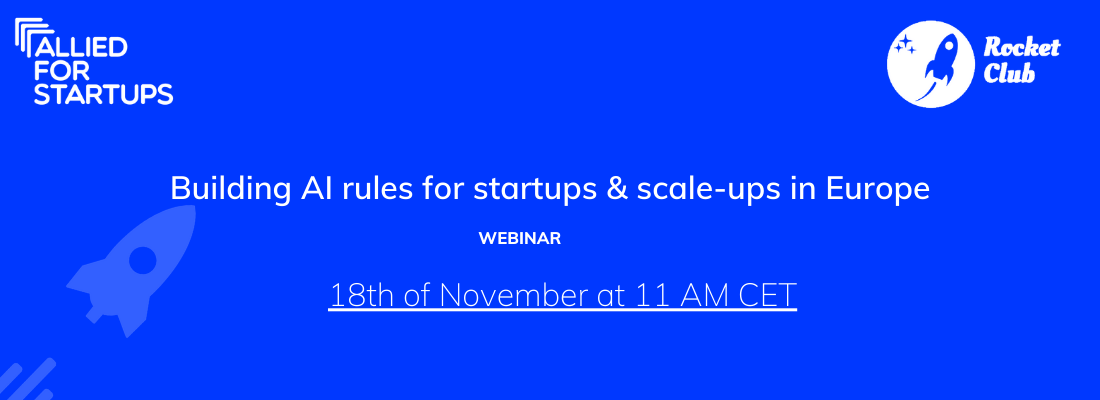
In 2019, in the wake of European elections, we set ourselves the goal of forming an Intergroup on startups and scale-ups in the European Parliament. Our Europe💙Startups campaign gathered more than 50 MEPs. Our initial idea didn’t quite materialise but we realised that we had assembled a network of tech-savvy and startupper MEPs. Always true …
All Categories
- 2024 EU Elections
- Artificial Intelligence
- Blockchain
- Cloud
- Competition
- Covid 19
- Data
- Digital Single Market
- DSA 4 Startups
- DTX
- Events
- GreenTech
- Healthtech Charter
- Innovation
- LATAM
- Latest News
- Members
- Net Neutrality
- Open Letter
- platforms
- Policy
- Press Release
- Privacy
- Rocket Club
- Startup Climate Network
- Startup Nations Standard
- Startups
- Statement
- Talent
- Tax
- Trade
- Uncategorized

